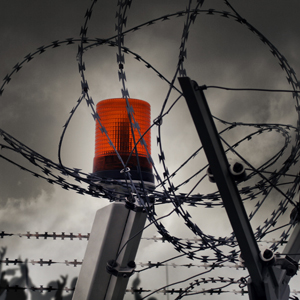Australian Lawyers for Human Rights (ALHR) has welcomed the Federal Government’s move to ratify a UN protocol which will see Australia’s detention centres undergo external inspection and scrutiny.
The Gillard Government tabled on Tuesday (28 February) a National Interest Analysis which records its decision to ratify the UN optional protocol to the Convention against Torture and Other Cruel, Inhuman or Degrading Treatment or Punishment (OPCAT).
ALHR president Stephen Keim SC applauded the move as “a critical step to bringing conditions and practices in Australian detention facilities in line with international standards”.
To continue reading the rest of this article, please log in.
Create free account to get unlimited news articles and more!
“Torture, mistreatment and poor detention practices are not issues that only happen ‘elsewhere’ in countries with poor human rights records, but affect institutions on our own shores. The recent death in custody in the Alice Springs watch house and the Palm Island Coronial Inquest in Queensland serve as important reminders of the very real failings in our detention system, and the need for independent investigators,” he said.
Ratification of OPCAT commits Australia to external scrutiny of places of detention and international monitoring measures, as well as a National Preventative Mechanism, which promotes a proactive approach to preventing deprivation, mistreatment or death occurring in custodial situations.
“Supporting [such mechanisms] will provide an important external accountability measure and internal mechanisms for promoting transparency and rectifying problems that arise in the detention system,” said Keim.
Attorney-General Nicola Roxon said ratifying OPCAT would send a “strong message, both within Australia and internationally, that Australia takes its human rights obligations seriously”.
“The Australian Government is continuing to work closely with states and territories, which are largely responsible for places of detention to prepare for implementation and ensure ratification occurs in a timely manner,” Roxon said.
Ratifying OPCAT follows Government legislation passed in 2010 that explicitly criminalises acts of torture committed both within and outside Australia.
Keim commended the work of the Australian Human Rights Commission in its 2008 report on implementing OPCAT as providing a thoughtful framework with which to move forward.






